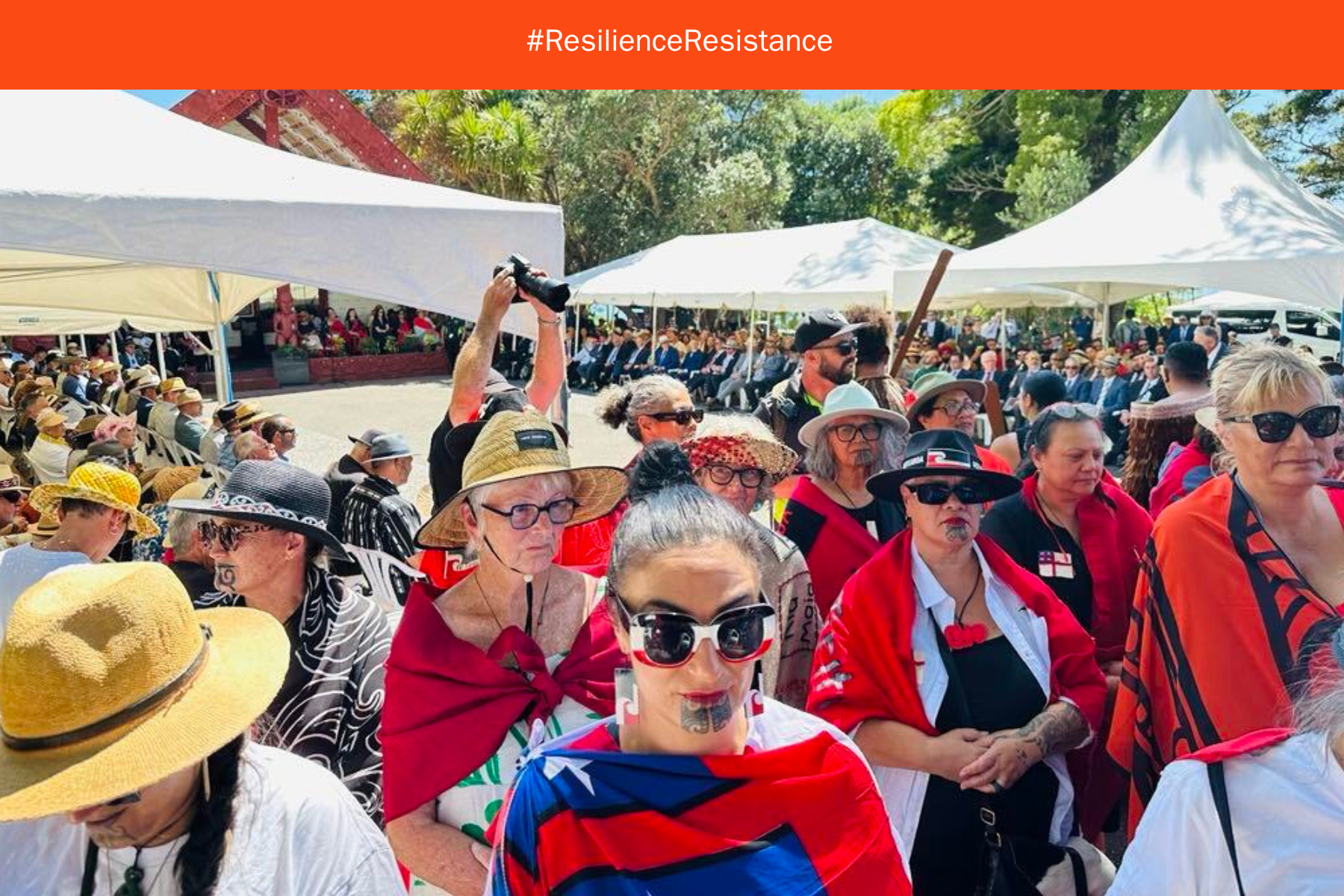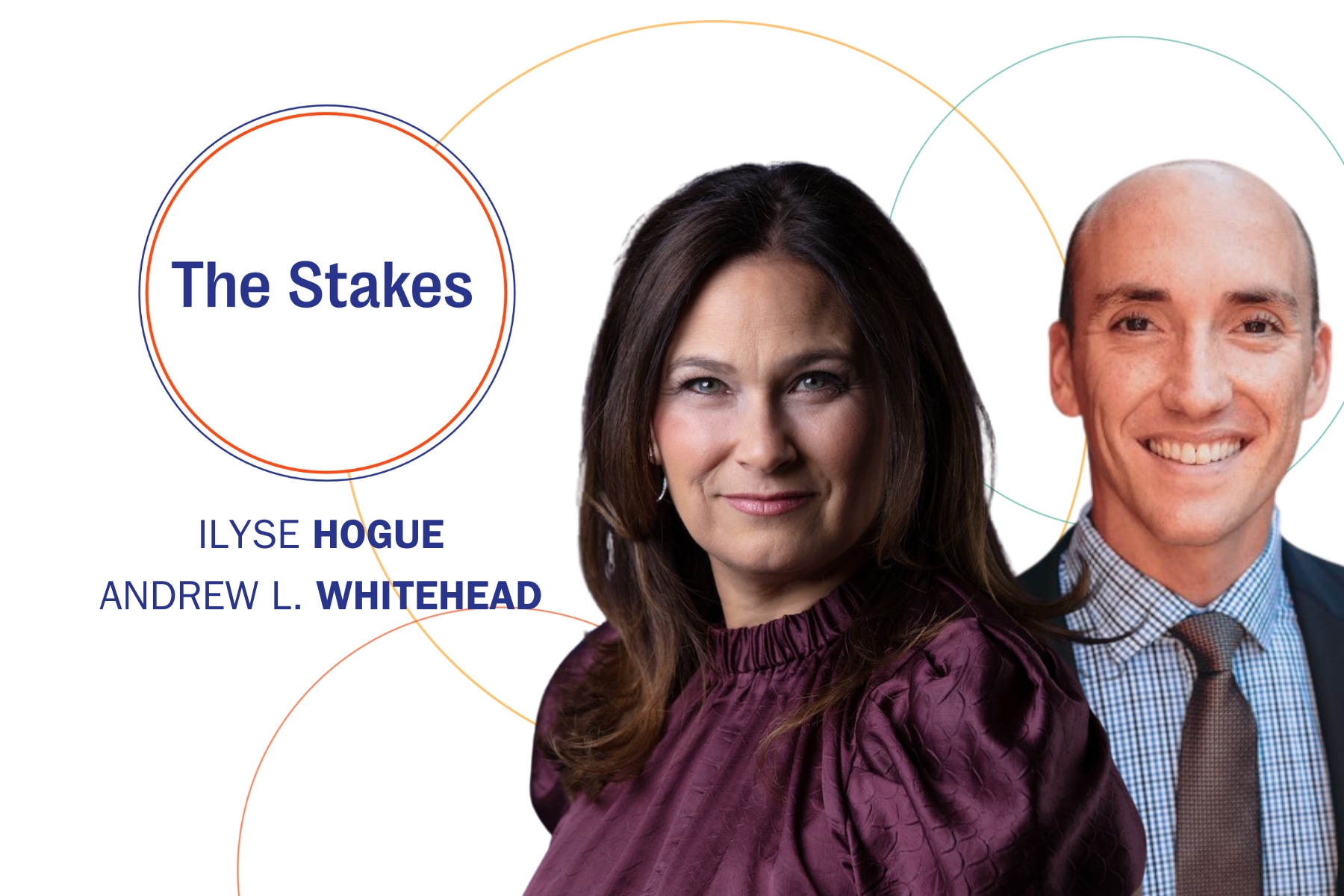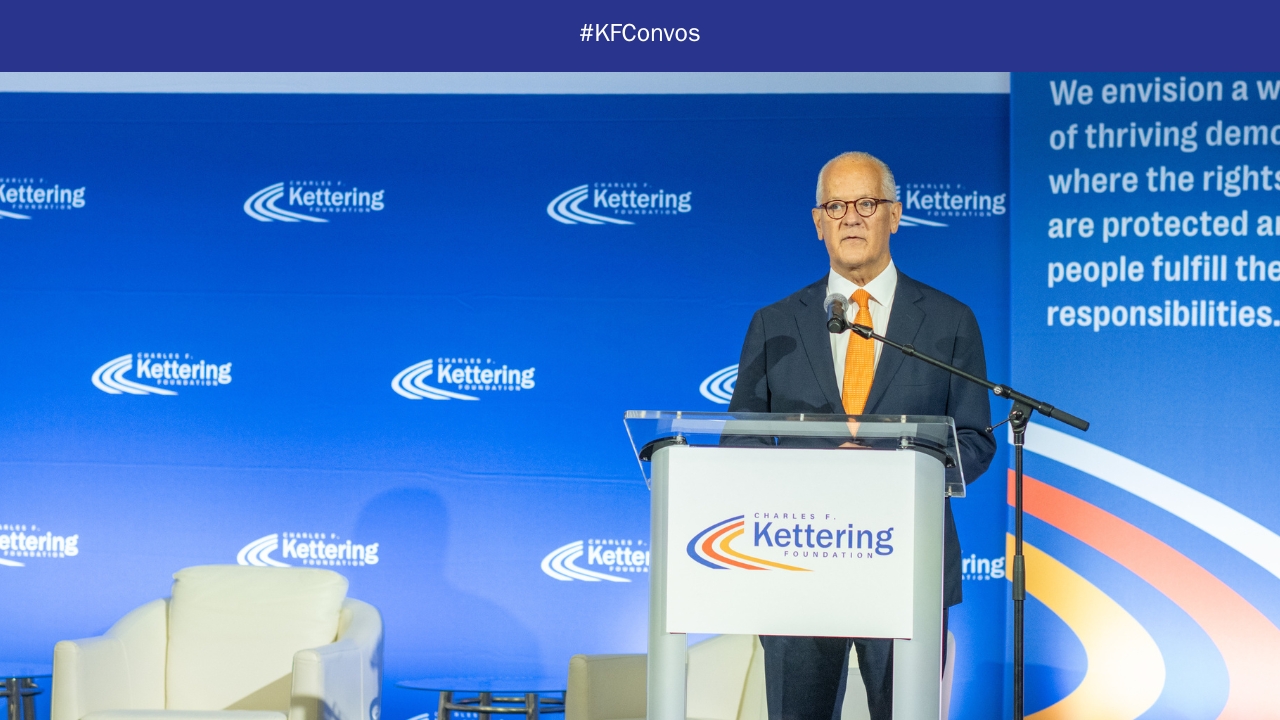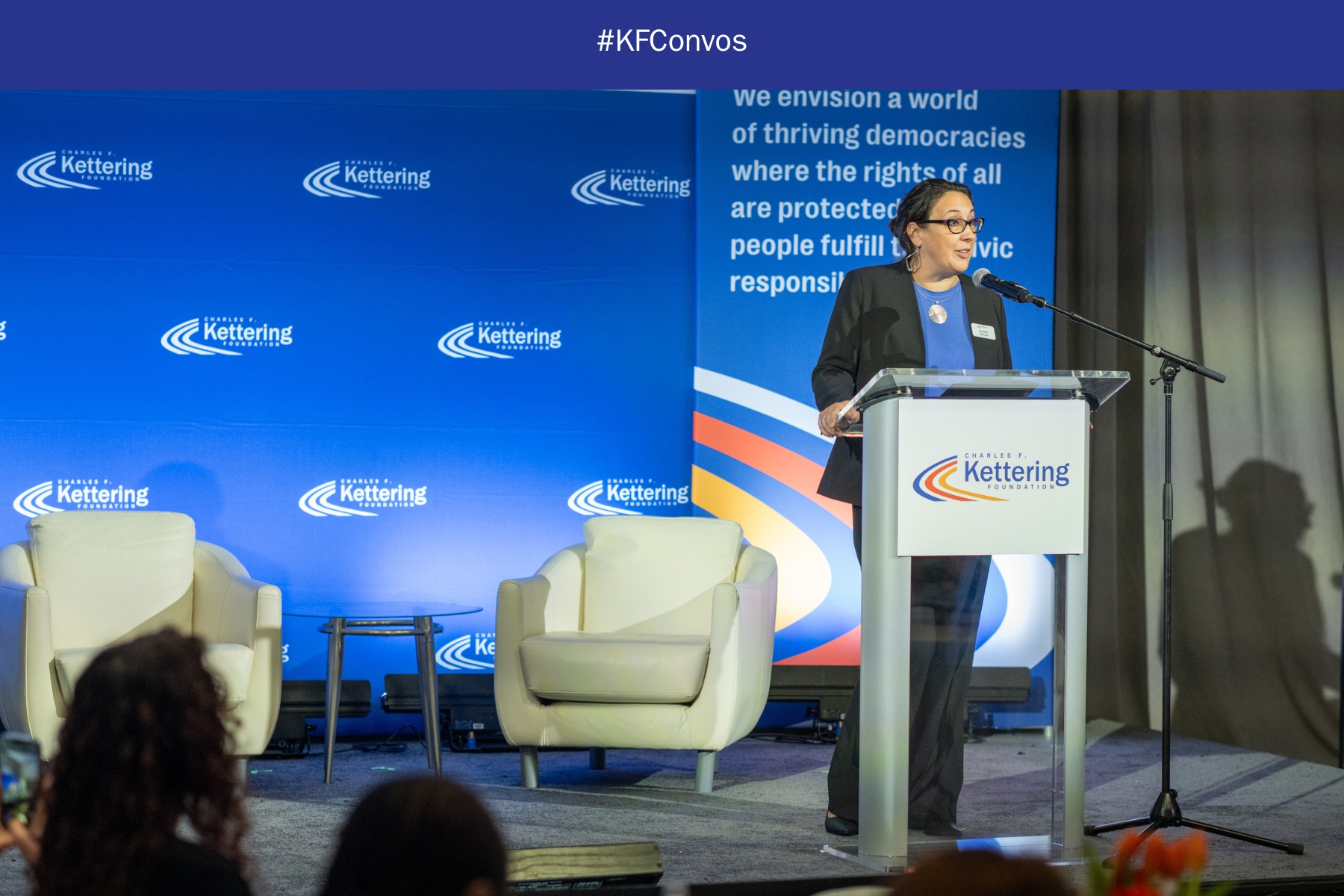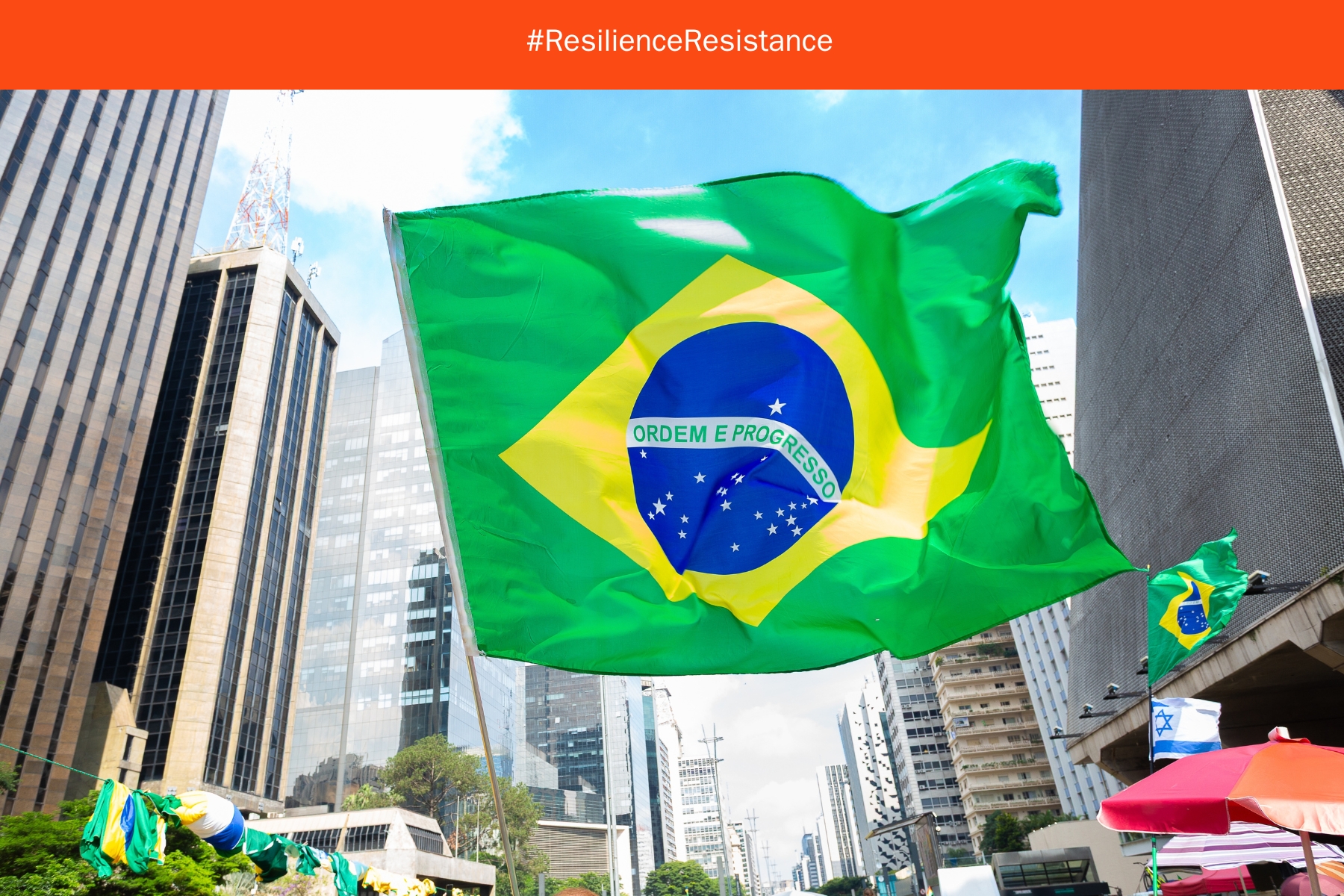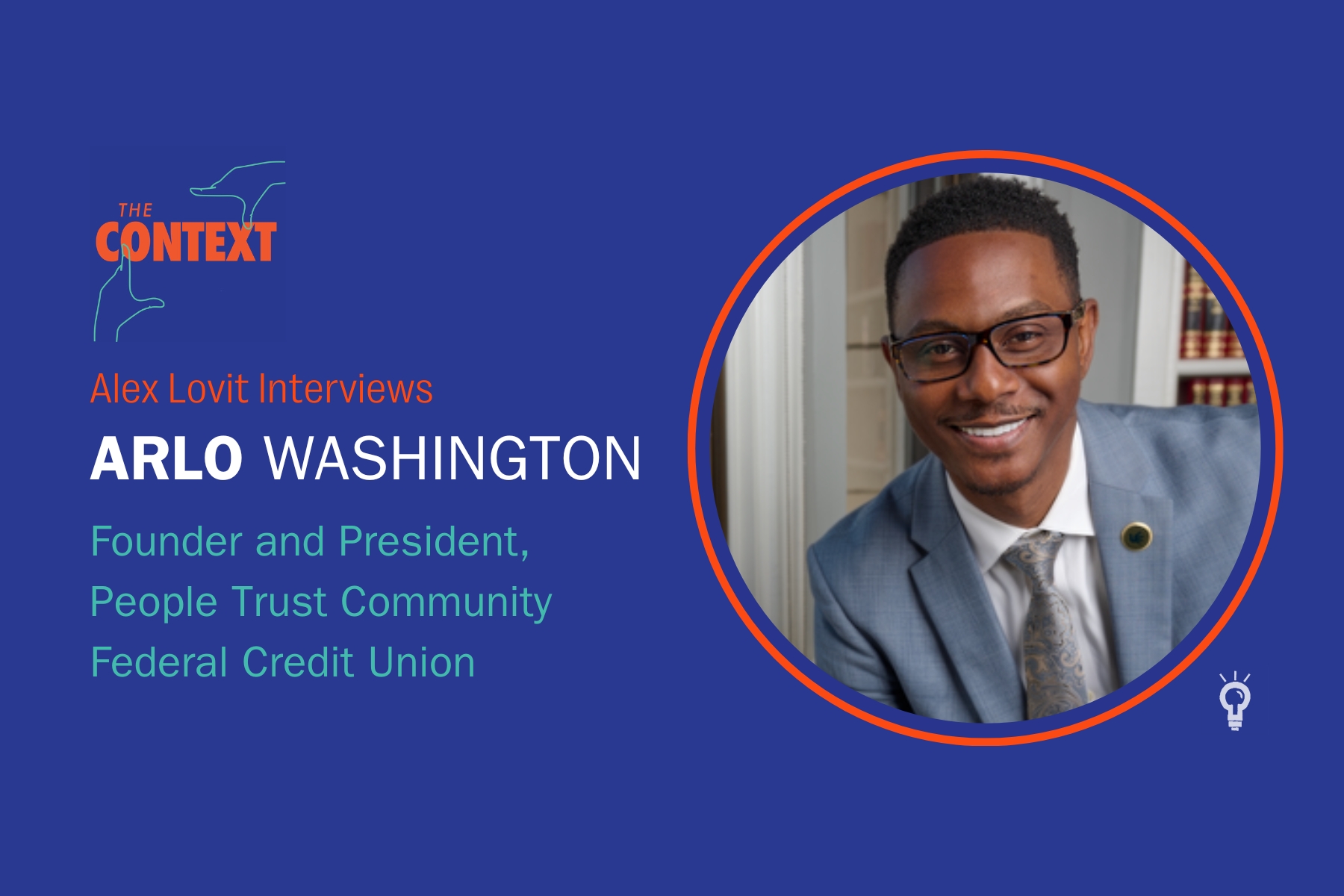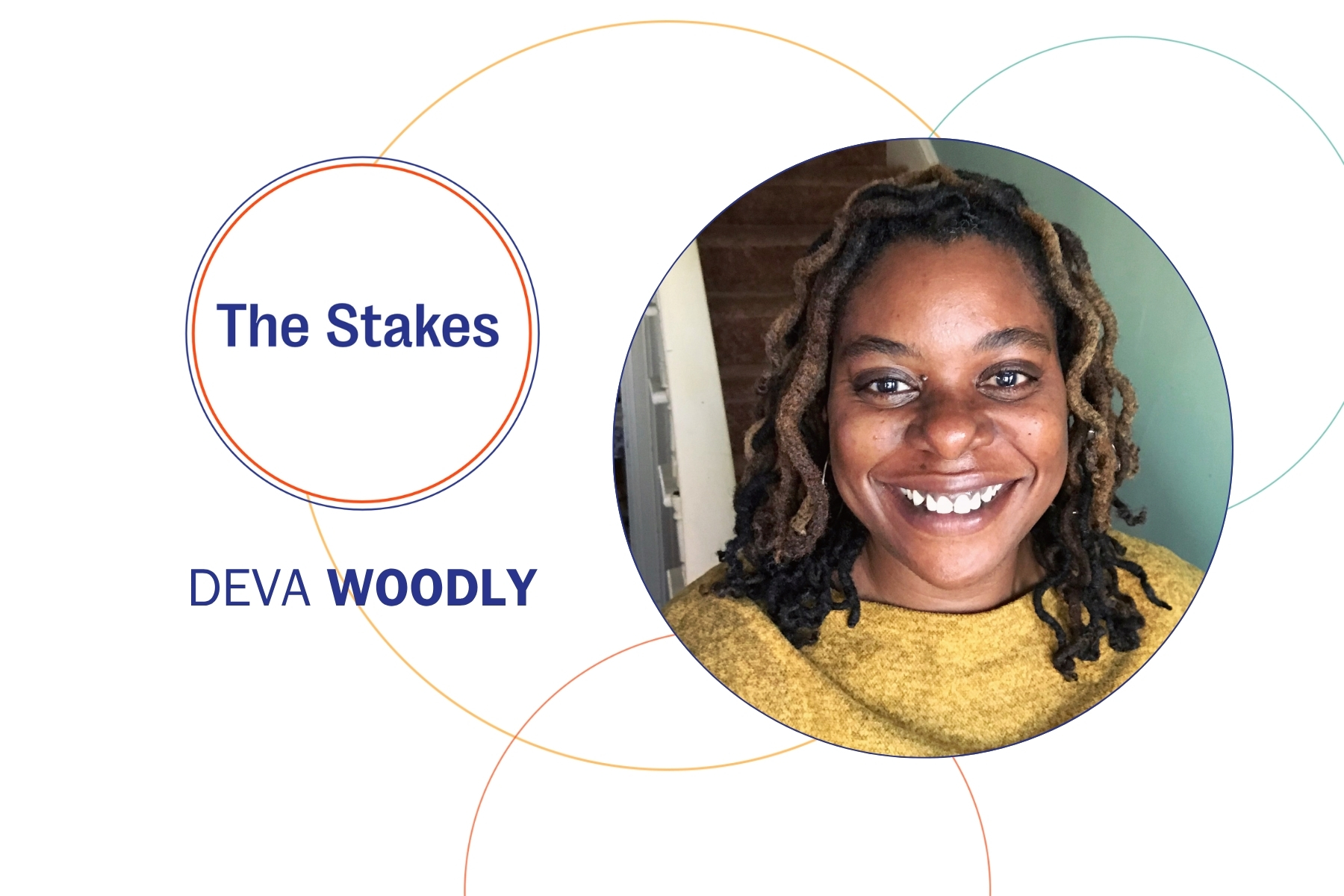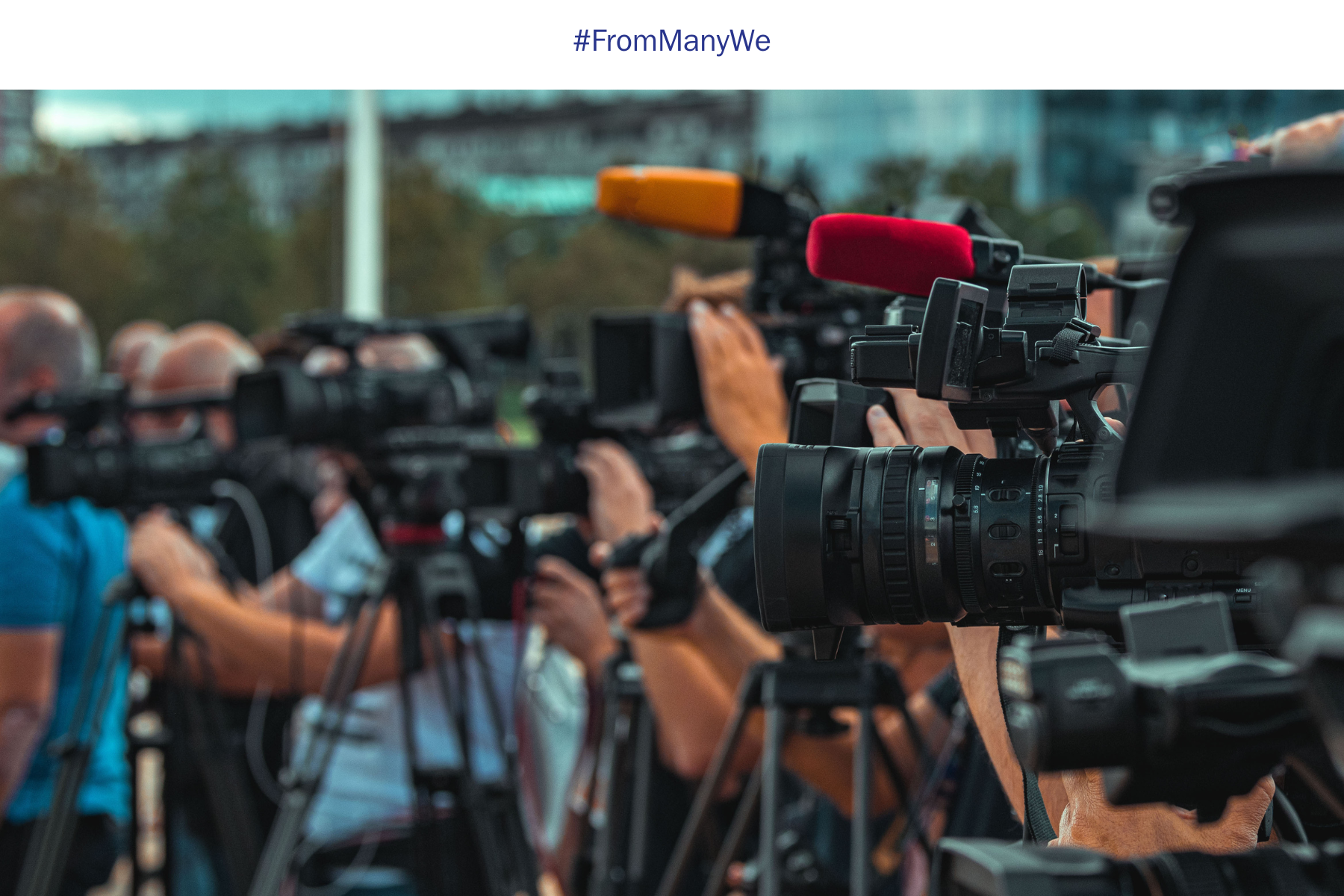Democracy vs. Autocracy
In this time of democratic erosion, it is critical to share what democracy scholars, practitioners, and activists are learning—both here in the United States and around the world. On July 21, the Charles F. Kettering Foundation held a Kettering Global Conversation on Democracy: Solidarity across Borders in Washington, DC. The event provided a dynamic forum to explore democratic challenges facing countries around the world and to learn from different global contexts and experiences. This is the third in a series of five pieces about the event.
The daunting task of how democracy could be made more resistant to autocracy was the subject of the Democracy vs. Autocracy panel conversation with Kettering Senior Fellow Steven Levitsky and CFK Global Fellow Gábor Scheiring, moderated by Maria J. Stephan, who is co-lead and chief organizer of The Horizons Project.
Stephan pointed out that sharing knowledge across borders is crucial, both in regards to understanding the authoritarian playbook and to learning about effective strategies for countering autocratic tactics.
In response, Levitsky noted that today’s authoritarianism doesn’t look like the familiar models from the past, which were led by military juntas or single-party regimes. Instead, most authoritarian experiments in the 21st century are led by elected governments, which are then packed with loyalists and weaponize the state against critics, business, media, and society. “It’s happening in the United States with a speed and ferocity . . . that very few of us anticipated.”
Any expression of legal opposition should be cost free, argued Levitsky. “If citizens have to think twice, have to think three times, about engaging in legal acts of opposition, you are no longer living in a fully democratic regime.”
Stephan shifted to Scheiring to share how Viktor Orbán’s regime gained power in Hungary.
Scheiring explained that Orbán—on his very first day in office—began introducing a slew of legislation. “Not as fast as Trump is moving, but he was moving very fast.” So much was happening on multiple fronts that it was difficult to fight back. It paralyzed the opposition, he said. Orbán rewrote the constitution to make it hard for a divided opposition to support a successful challenger. Institutions are now run by Orbán loyalists.
Levitsky stated that such moves are easier to accomplish in a middle-income country. The US, however, is a lot richer. Our civil society is active, and the private sector has deep pockets. “Paramount, major law firms, major universities . . . have deep enough pockets where they can resist and survive. They have largely—not entirely—but largely chosen not to.”
Stephan said that we are starting to see noncooperation and protests in the US and not just from blue areas but red areas too. “How do we incentivize courage?” she asked.
Scheiring said that many teachers—both in Hungary and in the United States—have done a good job in that regard. Some businesses in Hungary did push back but not enough. Now that is changing; more businesses are taking a stand.
Where you do see civil society quickly push back against autocratic moves, Levitsky noted, is almost invariably in countries with a memory of authoritarianism. “That’s my great concern with the United States . . . outside of some immigrants and African Americans, . . . very few people in the United States, very few elites have any memory of what it is like to lose or not have a democracy.” Many people still seem to believe that it can’t really happen here.
